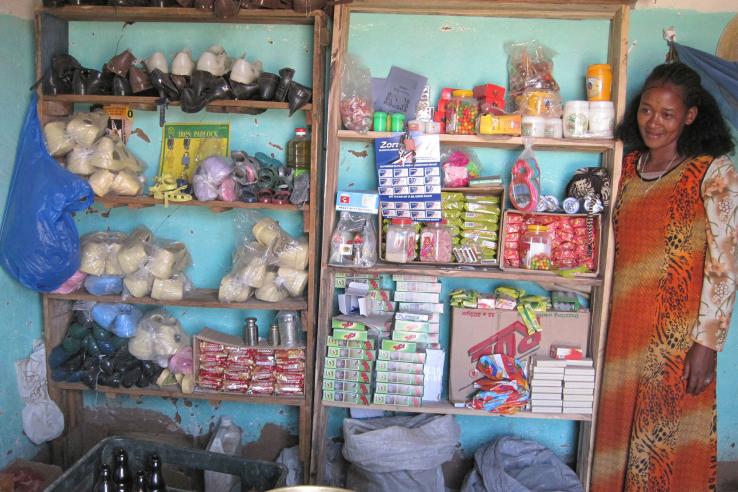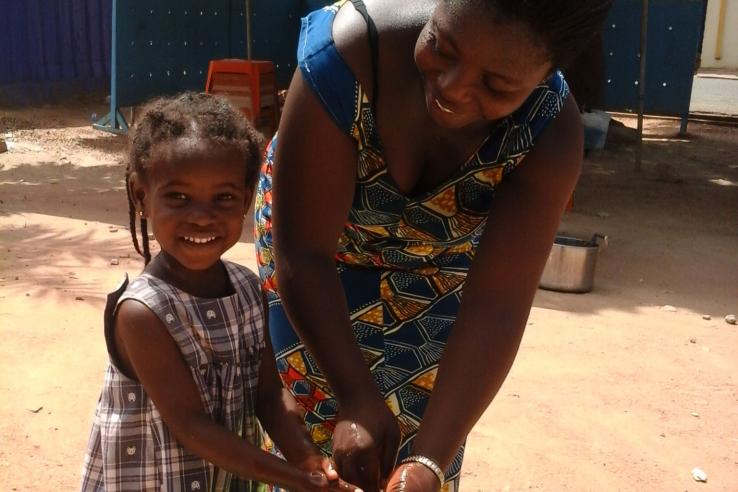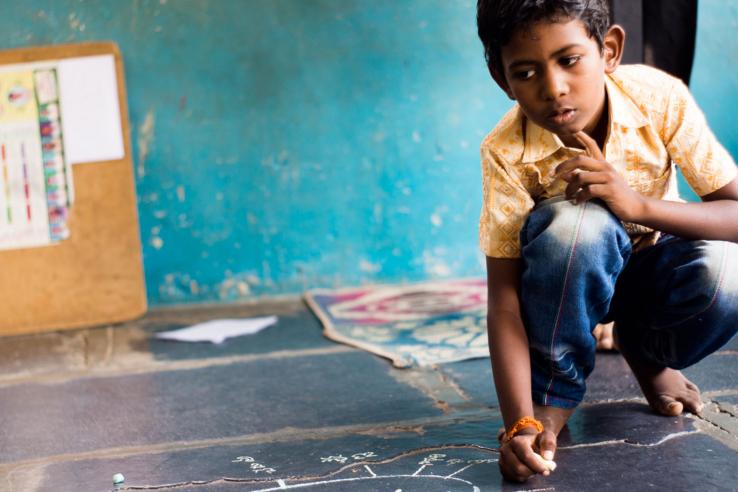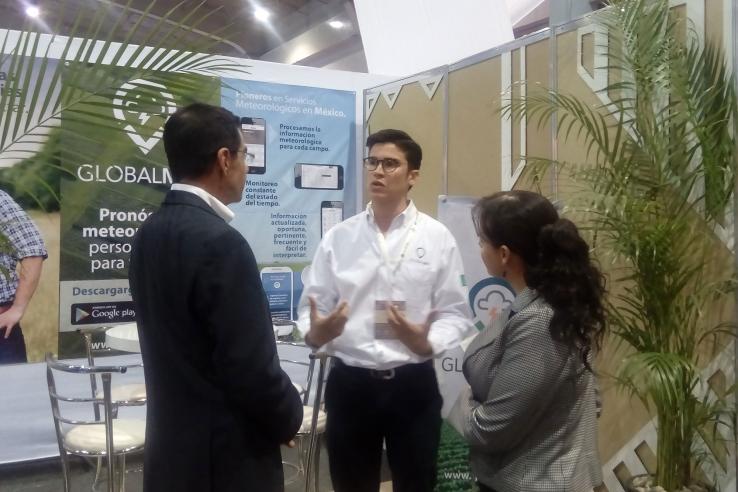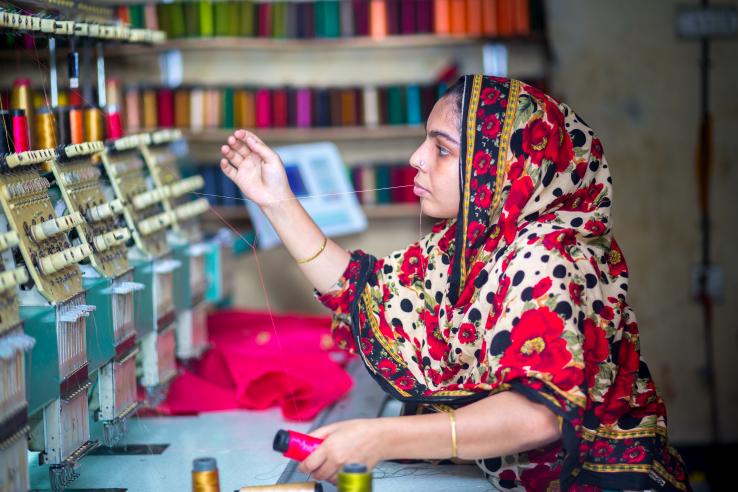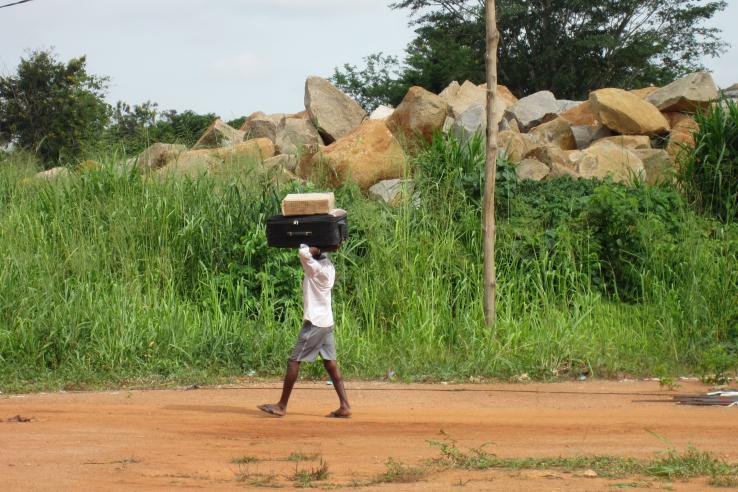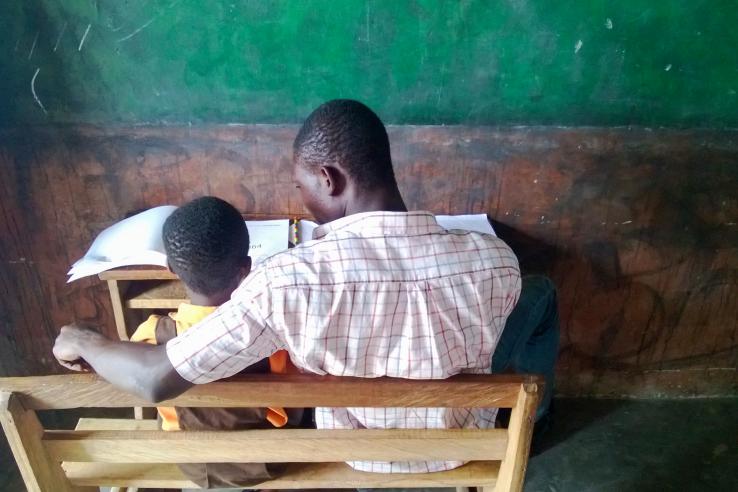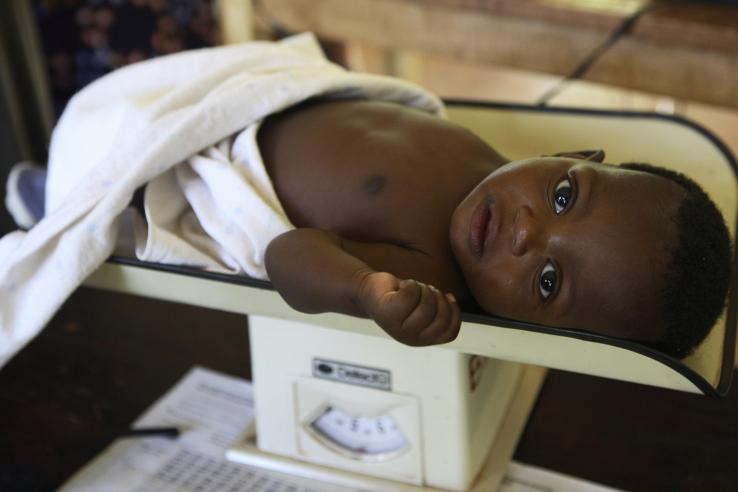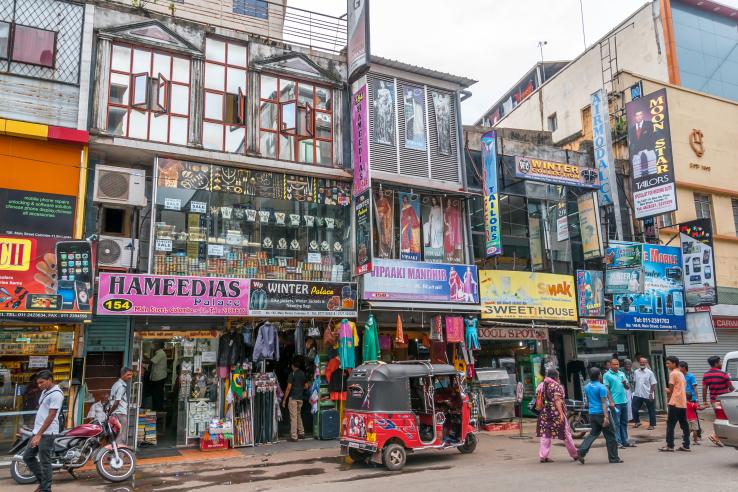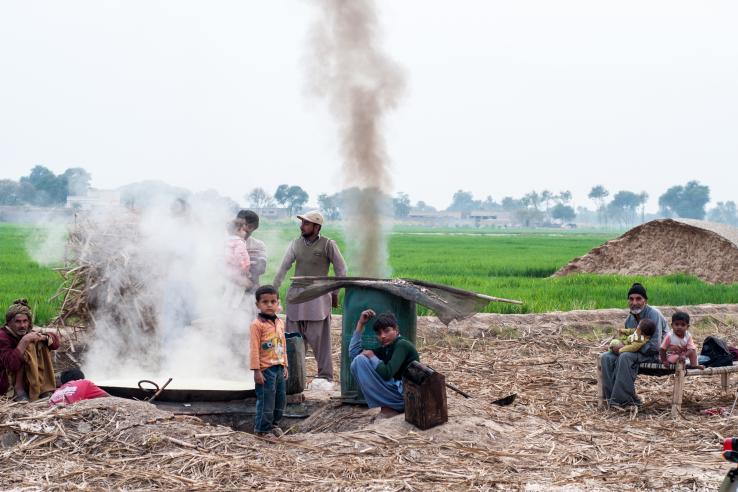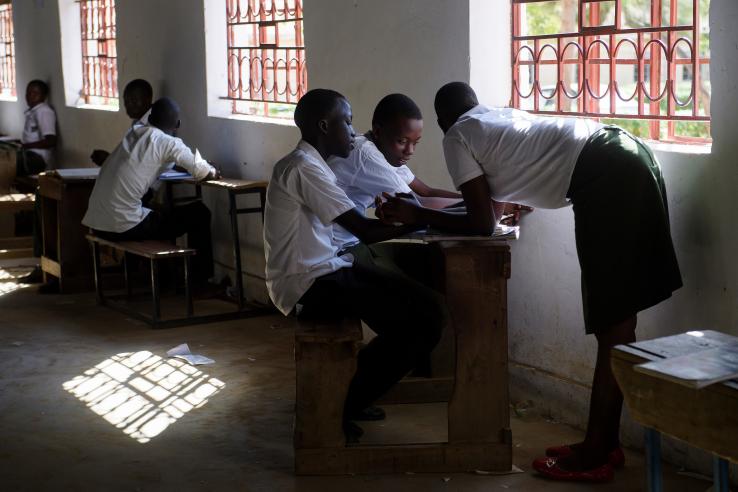Displaying 4201 - 4215 of 8489
Evaluation
Researchers analyzed the introduction of microcredit programs in parts of rural Ethiopia to evaluate the effect of improved credit access on economic and social outcomes. They found that introducing microcredit programs increased the frequency of borrowing and amount borrowed by rural households in Ethiopia, but found mixed evidence that microcredit improved economic well-being or socio-economic indicators.
Evaluation
In Ghana, researchers are evaluating the impact of a health communications program, which includes in-person, radio, and mobile phone interventions, on five key health behaviors.
Evaluation
In Mozambique, researchers evaluated if an information campaign using SMS, a hotline for electoral misconduct, and a free newspaper could affect voter turnout and other elections-related outcomes. All three programs increased voter turnout, while only distributing the newspaper strengthened demand for political accountability and reduced electoral problems.
Evaluation
In partnership with candidates, researcher Alan Gerber conducted five randomized evaluations in two states to measure the effect of campaign mailings on vote shares. The results suggest that incumbent spending has a negligible effect on vote share, whereas challenger spending was effective.
Evaluation
Researchers evaluated the impact on student learning outcomes of two programs introduced by the Government of Haryana. While the Continuous and Comprehensive Evaluation (CCE) program did not have any effect on test scores, the Learning Enhancement Program (LEP), which focused on basic literacy and numeracy, significantly improved Hindi test scores, especially for students with initially low learning levels.
Evaluation
A lack of access to finance can impede the potential for growth among small firms. To meet this finance gap and to encourage high-growth entrepreneurship, governments and multilateral agencies throughout the developing world often directly fund small and medium enterprises. Governments, however, have little guidance when it comes to choosing the firms with growth potential, and making sure that limited funds are targeted where they will spur the most growth. In Mexico, researchers are evaluating the impact of providing government funding to small enterprises, and whether different types of selection panels are more effective at selecting firms with high growth potential.
Evaluation
In India, researchers evaluated the impact of the first emissions trading scheme for particulate matter on air quality, industry compliance costs, and industry profits. Compliance with the market was high, and participating firms substantially reduced their particulate matter emissions without large increases in abatement costs, suggesting that the emissions trading scheme was a cost-effective pollution reduction strategy
Evaluation
Researchers are partnering with the German Society for International Cooperation (GIZ) to identify barriers to a wider market for consulting and training in Bangladesh by offering high-quality manufacturing training services at randomly-assigned price points and covering different topics. They find that factories and managers are unwilling to take-up high-quality training services more as a result of high production pressures than as a result of high prices, and that there is higher demand for training to improve production planning and quality than for training on human or social resources.
Evaluation
Researchers are evaluating the impact of providing information about the risks and outcomes of irregular migration through door-to-door campaigns and social networks on actual migration decisions in Nigeria.
Evaluation
Researchers partnered with Ghana Education Services (GES), The National Teaching Council (NTC), The National Council for Curriculum and Assessment (NaCCA), The National Inspectorate Board (NIB), and UNICEF to evaluate whether additional managerial support from head teachers and circuit supervisors could increase the likelihood that teachers implement targeted instruction in their classrooms. The results will help inform Ghana’s Ministry of Education on how teacher-led targeted instruction can be replicated at scale in Ghana.
Evaluation
Researchers conducted two randomized evaluations in the health sector in Uganda to evaluate whether community monitoring could impact public health worker performance and subsequent health utilization and outcomes. They found community monitoring, when combined with information on health provider performance and user’s entitlements, led to better quality and more frequently utilized health services, and ultimately improved health outcomes. However, community monitoring alone had little impact.
Evaluation
In Sri Lanka, researchers provided wage subsidies to randomly chosen microenterprises to determine if they would hire more workers, and whether the additional labor would benefit such firms. The study found that while firms increased employment during the subsidy period, there was no lasting impact of the subsidies on employment, profitability, or sales.
Evaluation
This evaluation tested whether offering insurance policies that required enrollment at different group levels mitigated the risk of individuals who are more likely to need health insurance being more likely to purchase policies. When allowed to purchase insurance at the individual level, those most likely to require health care were disproportionately more likely to purchase insurance, but offering policies that required larger groups (such as households) to enroll reduced this effect.
Evaluation
Researchers partnered with the Ugandan government to evaluate the impact of a public private partnership (PPP) program with low-cost private secondary schools on absorbing large increases in secondary school enrollment in Uganda. The PPP program led to both greater private school enrollment and higher student performance, with improved performance potentially being linked to increased input availability and positive household-driven selection of PPP student participants.
Evaluation
Researchers at the Lujeri Tea Estates in Malawi evaluated the impact of exposure to more, less, or equally productive peers on tea harvester productivity. They found that increasing the productivity of a worker’s peers meaningfully increased worker productivity, measured in kilograms of tea picked. This result was driven largely by women, whose productivity gains were much larger than those of men.
